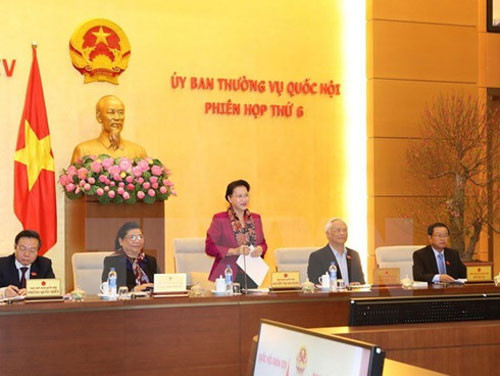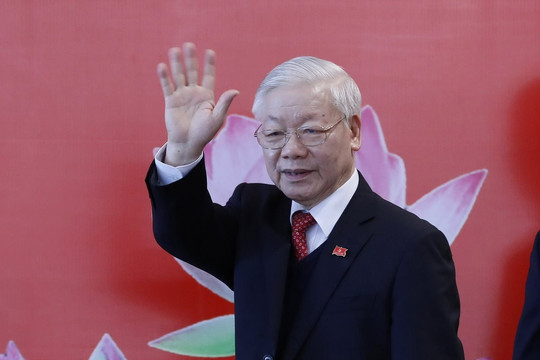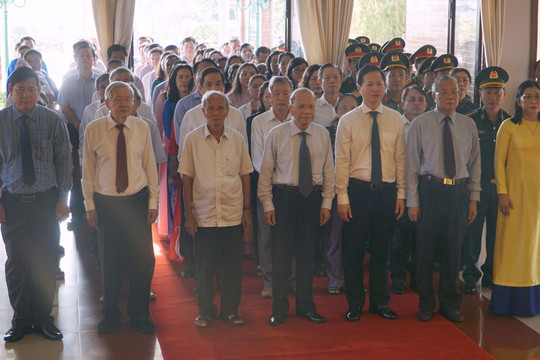 |
Chairman of the NA Council for Ethnic Affairs Ha Ngoc Chien said the law must have general principles to bring planning activities into better order.
NA General Secretary Nguyen Hanh Phuc stressed the law’s necessity, suggesting that the compiling board needs to review the draft law to make sure it falls in line with other laws and does not break other regulations.
NA Chairwoman Nguyen Thi Kim Ngan said the planning law must be built as a legal framework and must tackle task planning overlap, dispersion and wastefulness.
The law’s regulation should involve resident discussions of planning activities and supervise the implementation of planning, she said. Some participants proposed the law ensure feasibility and comprehensiveness of planning activities, which should also match other related issues such as environmental protection, climate change adaptation, global integration and the mobilisation rule of the market economy.
Planning activities must exploit each local and regional potential while not increasing the development gap between areas, they said. Participants agreed with the regulation for the Government to submit to the NA for approval national master planning which they said are very important and affect general development of the whole country.
They also discussed other issues relating to planning cost, urban and rural planning, planning system and planning management and approval.
Later the same day, the NA Standing Committee members discussed the revised Law on Management and Use of Public Assets.
Their discussion focused on incomes from public asset liquidation and land compensation, and the jurisdiction to assign the purchase, hire, revocation, transfer, liquidation, destroy and exploitation of public assets.
Regarding public asset incomes, the majority of deputies agreed that the incomes must be handed in the State budget after deducting expense relating to the handling of the assets.
They also agreed to let the Government arrange the jurisdiction to decide issues relating to buying, hiring, revoking, transferring, selling, liquidating, destroying and exploiting public assets in order to create comprehensive and active management.
VNA




















.jpg)





.jpeg)

.jpeg)


.jpeg)


